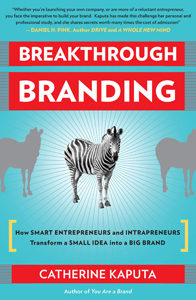In 2020, we’ve seen a “storm” of disasters: the Covid19 pandemic and a shaky economy with many businesses shut down or partially shut down. As yet there is no word on whether there will be a second stimulus or another round of the PPP loan program. We’ve also been rocked by a contentious presidential election, and protests on the streets.
What’s a small business owner to do?
You don’t want to be seen as taking advantage of a crisis, but you don’t want to be invisible either. You have to figure out when to comfort customers and when to sell them.
Here are four phases from the Madison Avenue playbook on how to market during challenging times.
Phase 1: Launch with inspirational messages
In the early days of the Covid19 pandemic, many big brands ran inspirational, feel good TV spots like McDonald’s ads showing McDonald’s arches lighting up across the country at daybreak and Apple commercials featuring a montage of people staying creative with Apple products.
Phase 2: Tap into the new normal and changing habits
With consumer habits and lifestyle changing so rapidly during the pandemic, businesses needed to respond with something targeted to the new reality. Domino’s Pizza launched TV spots that featured contactless delivery. Anheiser Busch’s research showed how people’s lifestyle was changing and developed a digital campaign with professional athletes playing Call of Duty while drinking Bud Light Selzer. With people cooking and baking at home more, spice maker McCormick introduced cooking videos like “Easy Quarantine recipes.”
Phase 3: Drill down with useful tools and targeted advice
Many small businesses are using social media to provide useful tools, guides and workbooks that target specific customer needs. Many have set up virtual Zoom events that are educational such as the health food company that hosted a webinar with a panel of medical experts on what you can do to strengthen your immune system during the pandemic.
Phase 4: Humor comes back along with more inspirational messages
The pandemic is not over and no one knows when it will end. But there is a need to laugh again, like Progressive insurance company’s campaign with Flo and her coworkers working for home and struggling with the wifi. Because we don’t have an end date, there still is a need for inspirational themes that make us feel better.






